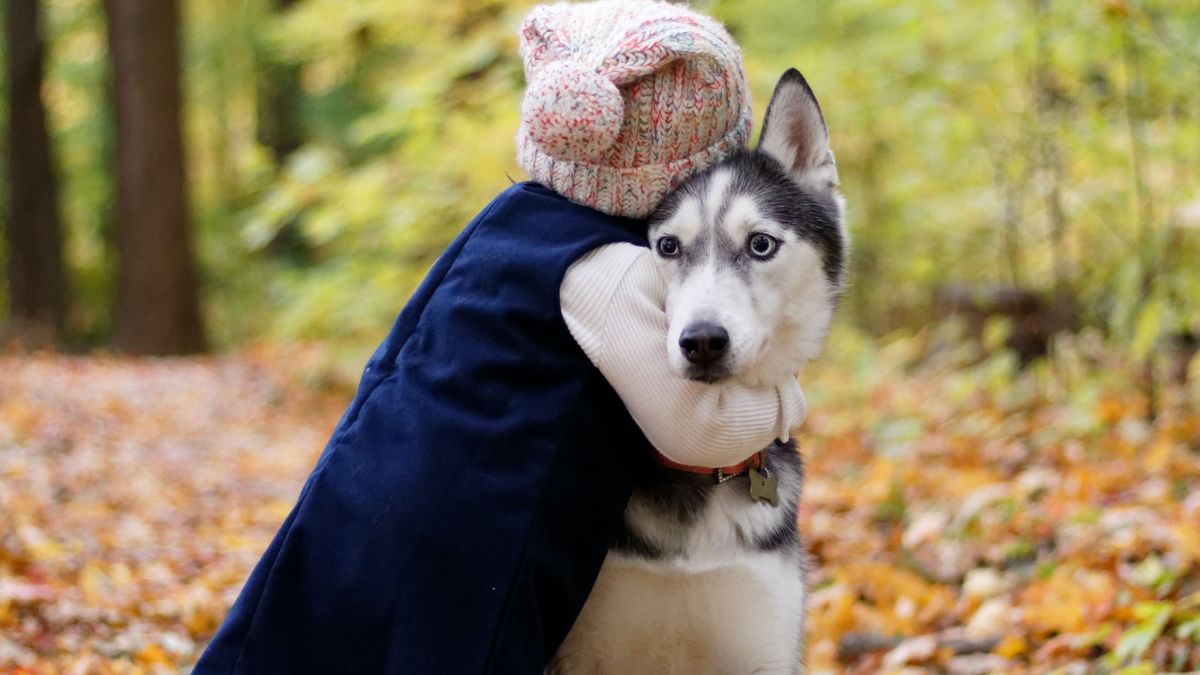Research shows dogs mourn the death of their friends, just like us
A study has proven what us pet owners already knew - dogs experience grief when another pooch in their family dies

We finally have scientific proof that dogs mourn when they lose their fellow canine pals – and it has raised some important questions when it comes to our own treatment of our grieving pets.
A study led by Dr. Federica Pirrone, a veterinary physiologist at the University of Milan, carried out by the journal Scientific Reports has found that dogs display distinct changes in behaviour after the death of another dog in their household.
Until now, the behaviours of canine species when a family member passes away has only been observed in wild canids – and rarely. According to the report, in terms of grief-like behavioural responses, there has been evidence of wild wolves (Canis lupus) burying the carcasses of two-week old pups, as well as a dingo mother and her pups transporting a deceased pup with them in the days following its death.
- Arnold Schwarzenegger introduces new dog Schnitzel on Instagram
- Watch this Cane Corso protect his female owner in fierce viral video
- Cat crawls inside couch and is dug out by canine companions in sweet viral video
When it comes to domesticated canines, our pet dogs have no doubt displayed continued loyalty to deceased owners which could be interpreted as grief-like behaviour – as evidenced by the true stories of the 19th century Skye terrier Greatfriars Bobby, who continued to guard his owners grave for 14 years after his passing, and Hachikō the Akita who continued to await the return of his owner at the train station he would arrive at everyday after work for nine years following the owner's death.
This new study, however, gave 426 Italian adults the opportunity to track the changes in their pet dogs when another dog within their family unit had died by completing a “mourning dog questionnaire” online.
Each of the participants had lost of one of their hounds and were left with at least one surviving dog. The online questionnaire they completed questioned the participants about the behaviour and emotions of the surviving dogs after the loss.
Results showed that over 86% of the owners reported behavioural changes in their surviving canines since the death of another dog in the household:
PetsRadar Newsletter
Get the best advice, tips and top tech for your beloved Pets
"Several negative behavioural changes were commonly reported in the surviving dog after the death of the other dog: attention seeking increased (67%), playing less (57%), level of activity reduced (46%), sleeping more (35%), fearfulness increased (35%), eating less (32%) and vocalisation increased (30%)."
Of course, the relationship between the now deceased dog and the surviving animal had a direct influence on the behavioural changes noticed – the more they had shared and played, the more the death had a negative affect on the surviving pup.
Talking to NBC, Dr. Pirrone explains: “Domestic dogs are a social species who have adapted to live in multispecies societies.
“There is plenty of literature showing that they develop both dog-dog and dog-owner attachments, thus we expect the mechanisms to be similar.”
The emotions of the owner also had an impact on their dog – the more emotional and grief stricken the owner, the more upset the dog appeared too.
While the definition of grief in relation to animals and young children is widely disputed, it does seem they react in a way which is comparable to other species in which grief has been observed – such as elephants and dolphins.
Dr Pirrone continues: "Dogs do form emotional bonds, and hence the loss of a companion animal in their household can be expected to cause behavioural changes, like those we recorded in our study, which overlap what we normally interpret as being grief and mourning.
“Of course, based on our results we still cannot tell whether these dogs were responding only to the ‘loss’ of an affiliate, or to their ‘death’ per se.”
Speaking to The Guardian, Prof Samantha Hurn, a social anthropologist at the University of Exeter, adds: “In the course of my own research I have experienced many dogs and other animals behaving in very different ways, but ways which nonetheless suggested to me that they were emotionally impacted by the death of a close companion.”
In any case, we know how empathic and sensitive our canine companions can be, and this just proves what us pets owners have known for millennia. So be extra kind to your furry pal when they lose a buddy, they might just be dealing with a lot more pain and upset than we could ever know!












